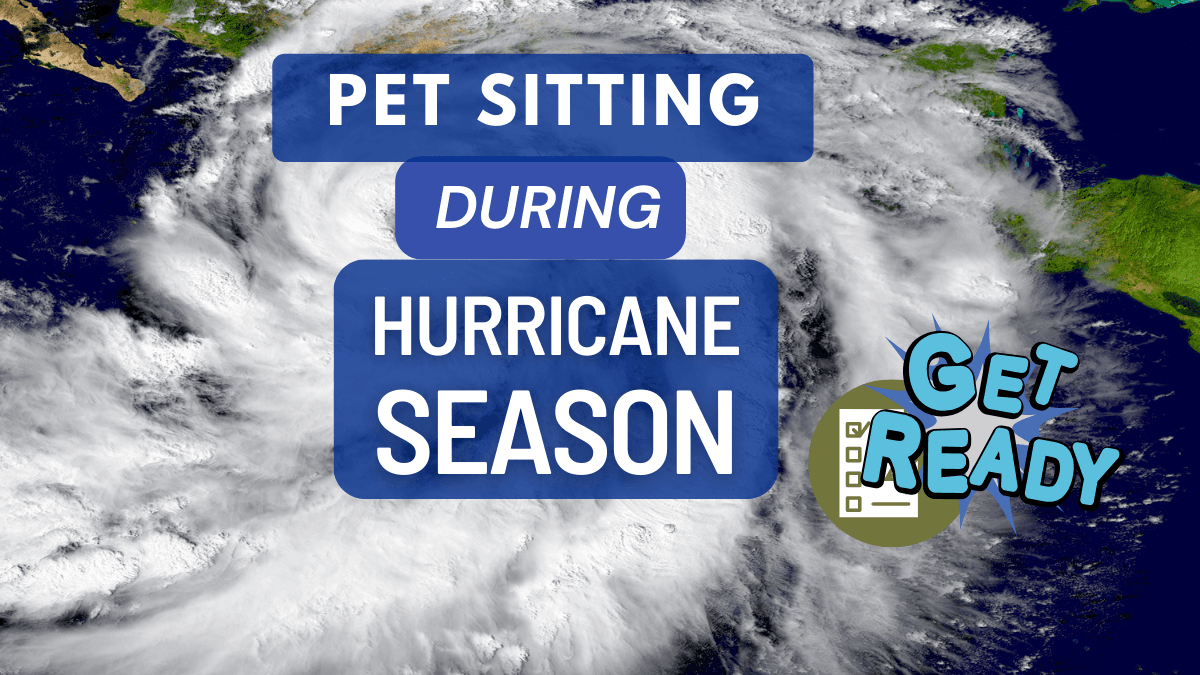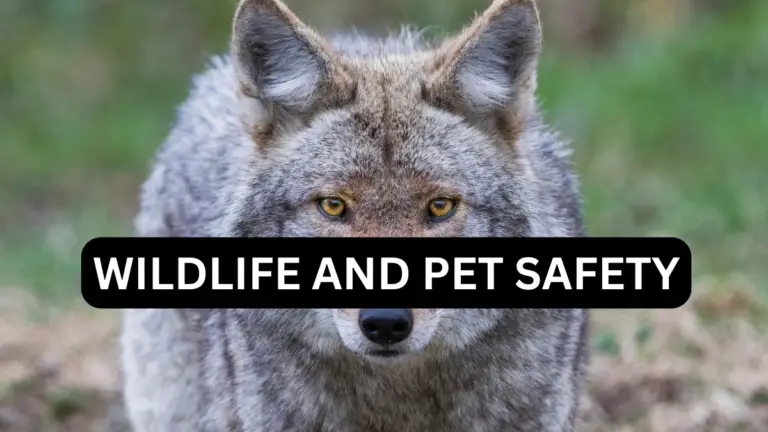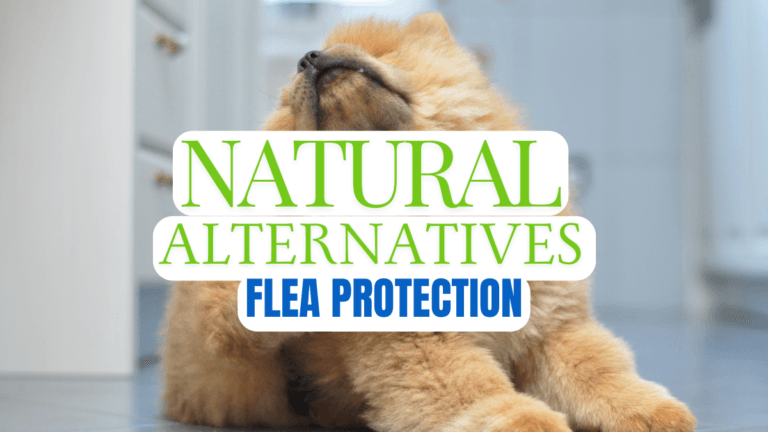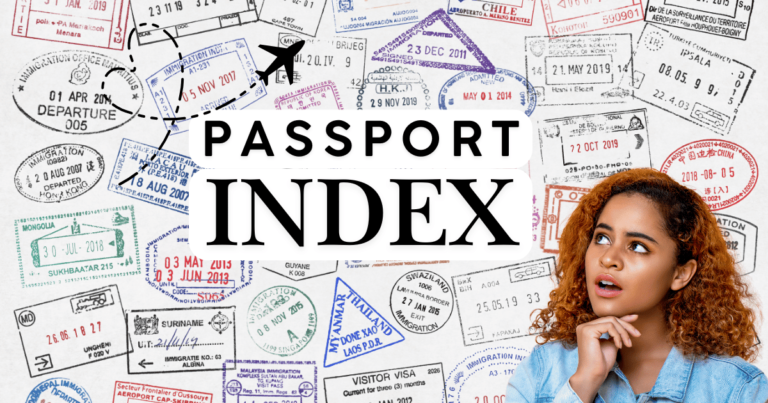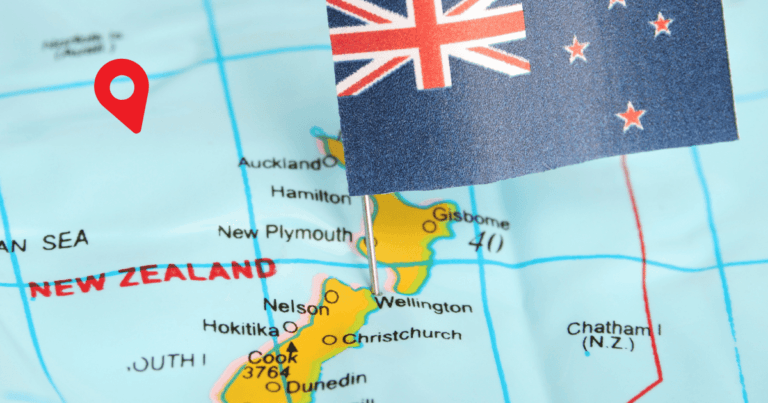Hurricane Pet Sitting: Be Prepared for 10 Essentials – It’s More Than Just Pet Care
Hurricane Pet Sitting: Be Prepared for 10 Essentials – It’s More Than Just Pet Care Facebook Youtube Tiktok Instagram Hurricane Pet Sitting: Be Prepared When hurricane season approaches, many pet owners find themselves in a dilemma: who will care for their beloved pets if they need to evacuate or…
Hurricane Pet Sitting: Be Prepared for 10 Essentials - It's More Than Just Pet Care
Hurricane Pet Sitting: Be Prepared
When hurricane season approaches, many pet owners find themselves in a dilemma: who will care for their beloved pets if they need to evacuate or if they can’t return home immediately? This is where a reliable pet sitter comes in. Pet sitting during hurricane season requires more than just looking after pets. It involves ensuring the safety of both the pets and the home, being prepared for emergencies, and handling potentially stressful situations. Here are the key things a pet sitter should be prepared to handle during hurricane season.
Florida and the coastal East Coast are indeed prime targets during hurricane season. Due to their geographic location and the prevailing weather patterns, these regions frequently experience hurricanes and tropical storms. This makes hurricane preparedness crucial for both residents and pet owners alike. It’s important to have plans in place not only for your own safety but also for the well-being of your pets during such potentially dangerous weather events.
Weather Monitoring
Stay Informed
Why It Matters: Hurricanes can be unpredictable. Staying informed about weather updates is crucial for timely action.
What to Do: Regularly check weather forecasts and updates from reliable sources. Have a weather app installed on your phone and set up alerts for severe weather warnings.
2. Emergency Kit Preparation
Be Ready for Anything
Why It Matters: In case of a sudden evacuation or extended power outage, having an emergency kit ready can make all the difference.
What to Include:
- Pet food and water (at least a week’s supply)
- Medications and medical records
- Leashes, collars, and harnesses
- Pet carriers or crates
- Waste disposal bags
- Comfort items (toys, blankets)
- First aid kit
3. Safe Shelter Plans
Know Your Options
Why It Matters: Knowing where to go in case of an evacuation is crucial for safety.
What to Do: Identify local shelters that accept pets and have a plan for transportation. Ensure you have all necessary documentation, such as vaccination records, which may be required by shelters.
4. Home Preparation
Secure the Property
Why It Matters: Protecting the home can prevent damage and ensure a safe environment for pets.
What to Do:
- Secure windows and doors
- Bring in outdoor furniture and items that could become projectiles
- Check and clear gutters and drains
- Have a plan for securing the home in case of evacuation
5. Communication Plans
Keep Everyone Informed
Why It Matters: Clear communication can prevent misunderstandings and ensure everyone’s safety.
What to Include:
- Contact information for pet owners
- Emergency contacts
- Local veterinary clinics and emergency vet contacts
- Neighbors or friends who can help if needed
6. Handling Stressful Situations
Stay Calm and Collected
Why It Matters: Pets can sense and react to stress, so staying calm helps keep them calm.
What to Do:
- Use calming techniques and products like CBD oil or anxiety wraps (with the owner’s permission)
- Maintain a routine as much as possible
- Provide extra attention and comfort to anxious pets
7. Backup Power Plan
Be Ready for Outages
Why It Matters: Power outages are common during hurricanes and can last for days.
What to Do:
- Have flashlights, batteries, and a battery-operated radio
- Keep mobile devices charged
- Consider having a generator or knowing where to access one
8. Water Safety
Prevent Flooding Issues
Why It Matters: Flooding can pose significant risks to both pets and property.
What to Do:
- Know the home’s flood risk areas and how to mitigate them
- Have sandbags or flood barriers ready if needed
- Keep pets away from flooded areas to prevent contamination and injury
9. Food and Water Safety
Ensure Clean Supply
Why It Matters: Contaminated food and water can make pets sick.
What to Do:
- Store pet food in waterproof containers
- Have a supply of bottled water
- Avoid using tap water if it’s unsafe
10. Post Hurricane Check
Assess and Recover
Why It Matters: The aftermath of a hurricane can be dangerous.
What to Do:
- Inspect the home for damage before allowing pets to roam freely
- Be cautious of downed power lines, debris, and contaminated water
- Re-establish a routine to help pets adjust back to normalcy
Bonus++
Download Weather Related Apps
In today’s unpredictable climate, having multiple weather-related apps is essential for staying safe and informed, especially if you live in or travel through areas prone to severe weather. Different apps provide unique features, such as real-time radar, storm tracking, and updates from national weather services, giving you a fuller picture of what’s happening.
Apps that automatically detect your location and send alerts for weather-related emergencies, such as tornadoes, flash floods, or hurricanes, can be life-saving, especially when local conditions change rapidly. With various apps, you ensure you’re covered by diverse alert systems, improving your chances of getting timely and accurate warnings to make informed decisions.
One app that we like to download and use is Storm Shield. Storm Shield is a comprehensive weather app designed to provide life-saving alerts for severe weather conditions. It uses your GPS location to send personalized warnings for extreme weather events such as tornadoes, hurricanes, and severe thunderstorms.
One of its standout features is its partnership with the National Weather Service (NWS), ensuring highly accurate, government-approved alerts. Users can customize their notifications based on specific weather threats, making it ideal for travelers or residents in areas prone to severe conditions. Storm Shield’s real-time radar and detailed forecasts help you stay ahead of weather hazards, giving you peace of mind wherever you are.
Pet sitting during hurricane season involves more than just caring for pets. It requires a proactive approach to ensure the safety and well-being of both the pets and the home. By staying informed, preparing emergency kits, securing the home, and having clear communication and backup plans, a pet sitter can handle the challenges of hurricane season effectively. This level of preparedness not only provides peace of mind for pet owners but also showcases the sitter’s dedication and professionalism in handling potentially stressful situations.
What are some other areas to be prepared during hurricane season? Drop a note in the comments and let us know your experience!
hurricane pet sitting hurricane pet sitting hurricane pet sitting hurricane pet sitting hurricane pet sitting hurricane pet sitting hurricane pet sitting hurricane pet sitting hurricane pet sitting

